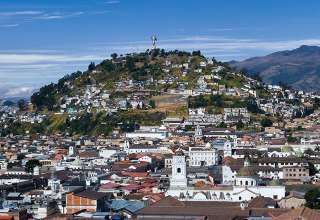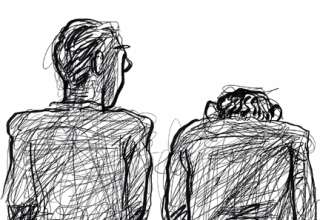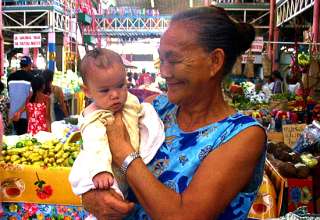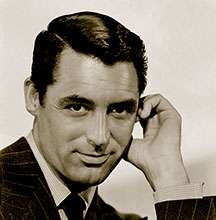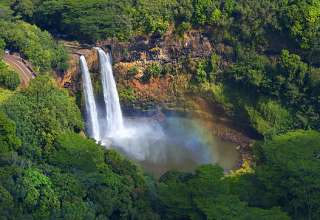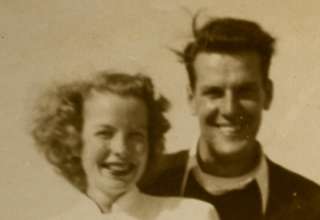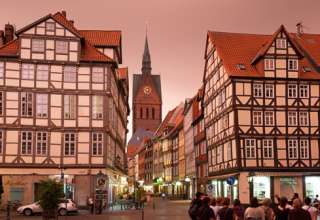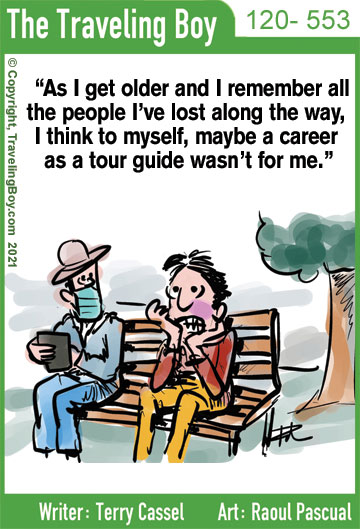This installment of Three Things About Buenos Aires is courtesy of the Buenos Aires Tourism Board.
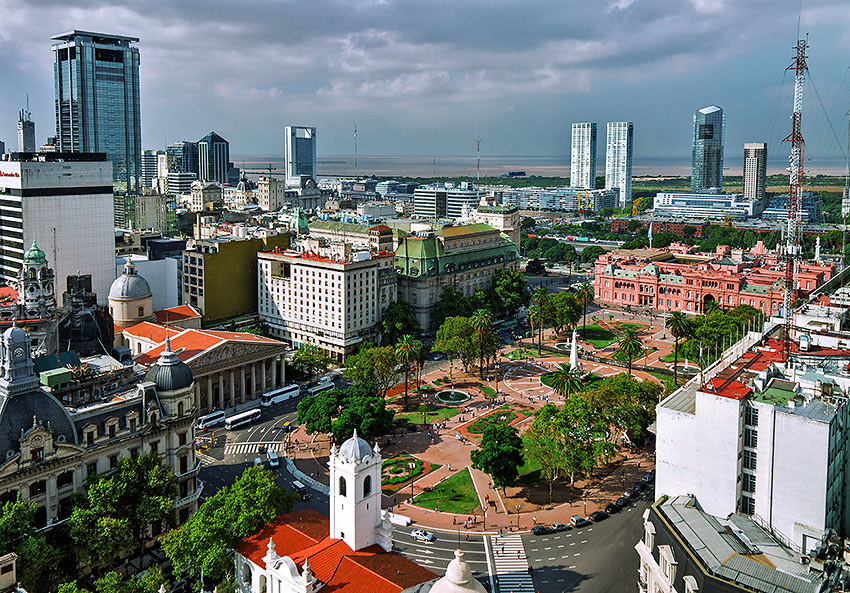
1. Question: What are some of the “things” or activities that people in Buenos Aires do for fun?
Answer:
This is a tricky question because Buenos Aires is a large metropolitan city with a lot for everyone. BA is home to over 100 parks, so it is very common to see groups of people at the park drinking Mate picnic style. For those that are night owls, locals really like to spend time at the many speakeasy bars around the city as well as bodegones – a typical neighborhood restaurant featuring local cuisine and popular selection of national wines. Also, for those that like to dance, milongas are very popular as well. These traditional social tango dance events are really popular with locals, and about 20-30 milongas take place in the city ever night spread across different neighborhoods.
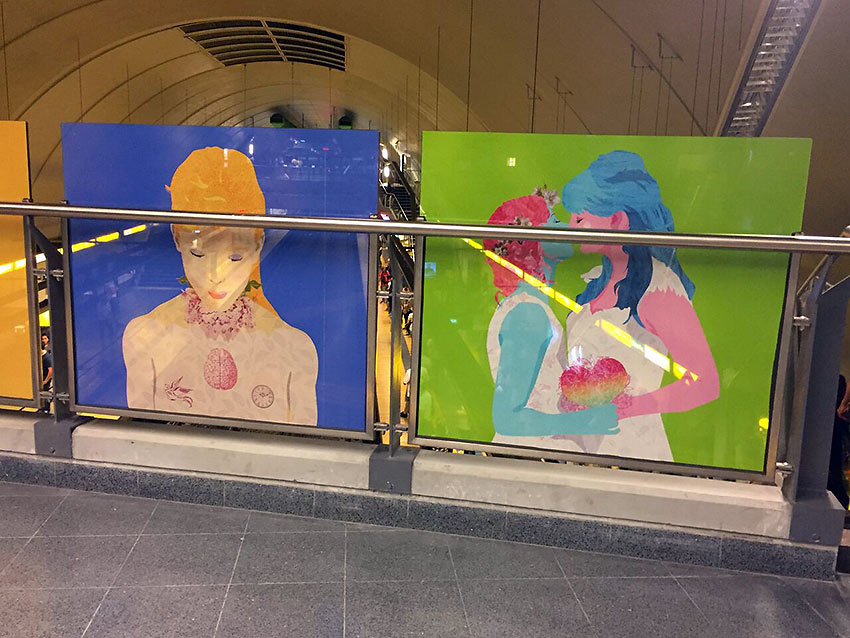
2. Question: What’s one thing the public probably does NOT know about Buenos Aires?
Answer:
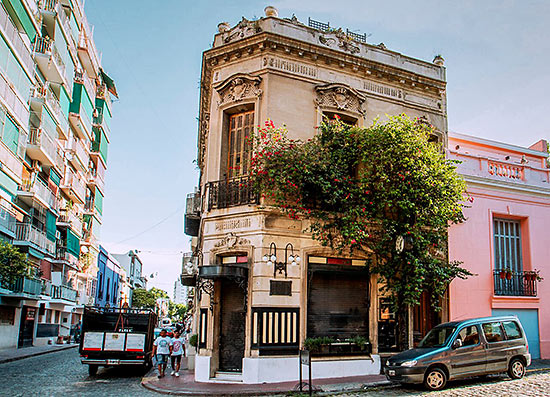
There’s actually a few things that most people don’t know about BA. Here 10 really interesting ones:
- Buenos Aires has an official tea time – much like the UK
- Tango (declared an intangible cultural heritage by UNESCO) originated in brothels surrounding the city and the moves are meant to dramatize the relationship between a prostitute and her pimp.
- BA has the most bookstores per person of any city in the world according to a 2015 World Cities Cultural Forum report
- La Recoleta Cemetery is considered the most important in Latin America for its historical and architectural significance
- Avenida 9 de Julio is the widest avenue in the world
- Jardin Japones de Buenos Aires is the largest Japanese garden outside Japan
- The Buenos Aires Underground is the oldest system in LATAM
- The first ever animated feature film was made in Buenos Aires
- In 2002, Buenos Aires because the first Latin American city to allow gay marriage
- City has highest percentage of pets per capita
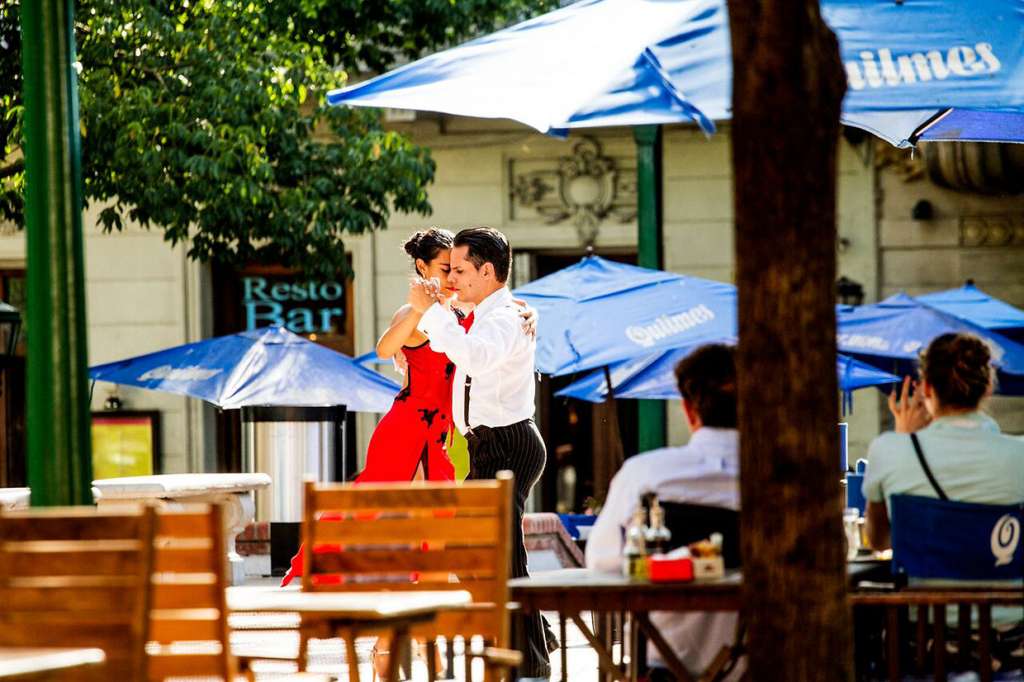
3. Share some aspect of what Buenos Aires has contributed to the world.
Answer:
Declared intangible cultural heritage by UNESCO in 2009), tango was born on the shores of the Río de la Plata in the 19th century through a fusion of cultural influences from Africa, Argentina’s native gaucho and colonial traditions, and the contribution of European immigrants, mainly from Spain, Italy and the Middle East. Every August, the city hosts the Tango Buenos Aires International Festival and World Cup, with milongas, shows, classes, exhibitions and the most important international tango dance championship.
